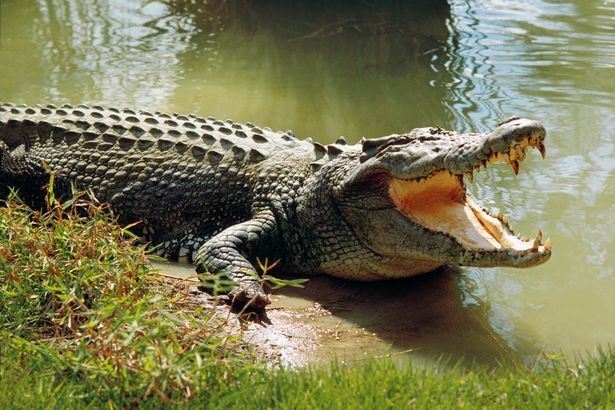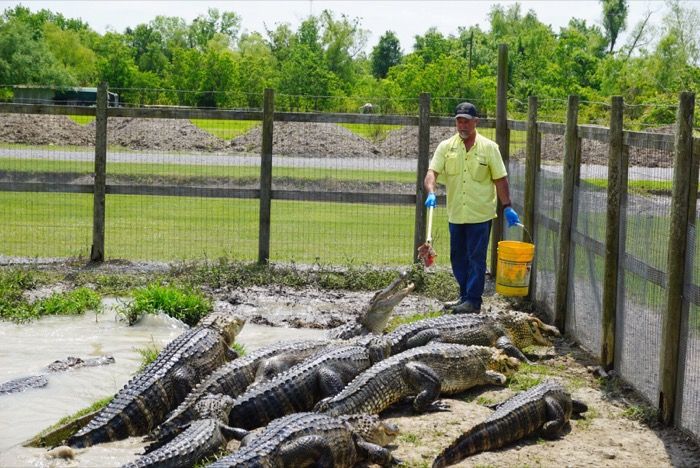Sustainable alligator farming is a growing concern in the agriculture and livestock industries, and alligator farming is no exception. By adopting sustainable practices, farmers can reduce their environmental footprint, enhance productivity, and meet the ethical demands of modern consumers. Sustainable farming is not only beneficial for the planet but also contributes to long-term profitability.
Efficient Resource Management
Water and feed are primary resources in alligator farming. Farmers can adopt efficient water management practices by using recirculating systems that reduce waste and conserve freshwater. Maintaining water quality through filtration minimizes the need for frequent water changes, saving resources while ensuring healthy living conditions for the animals. Feed optimization, such as using locally sourced and nutrient-rich by-products, reduces costs and prevents overfeeding.

On a similar note, at Kimd Group of Companies, we support beginner farmers by offering tailored business proposal writing services and design plans for various animal capacities. Therefore whether you’re just starting out or looking to expand, we provide the resources and expertise to help you succeed in the farming industry.
Habitat Conservation
Sustainable alligator farming practices prioritize habitat preservation. By farming alligators, operations reduce the pressure on wild populations, allowing natural ecosystems to recover and thrive. Farmers who integrate native vegetation around ponds create natural, enriching environments for alligators, which mimics their wild habitats and promotes animal welfare.

Energy Conservation
Energy-efficient practices are crucial for reducing operational costs and environmental impact. Using solar-powered equipment for water aeration, lighting, and heating systems can significantly reduce dependency on non-renewable energy sources. Passive designs for enclosures, such as strategic placement to maximize natural sunlight and ventilation, further lower energy requirements.

Waste Management
Effective waste management is a cornerstone of sustainability. Farms generate organic waste, including unused feed and alligator by-products. Composting organic waste and using it as fertilizer for vegetation around the farm creates a closed-loop system. Additionally, careful disposal of non-biodegradable materials minimizes pollution risks.

Adhering to Ethical Standards
Sustainable farming includes humane treatment of alligators. Farmers can implement practices that ensure proper handling, adequate space in enclosures, and minimal stress during all stages of farming. Adherence to guidelines from international organizations, such as CITES (Convention on International Trade in Endangered Species), ensures ethical farming practices and access to global markets.
Economic and Community Benefits
Sustainable farming often fosters economic benefits for local communities. It creates jobs, promotes local businesses supplying feed and equipment, and can attract eco-conscious consumers willing to pay a premium for responsibly farmed products. These benefits contribute to the long-term viability of farming operations and the communities they support.

Conclusion
Sustainability in alligator farming involves balancing environmental stewardship, ethical practices, and economic goals. By managing resources efficiently, preserving natural habitats, and adopting eco-friendly technologies, farmers can enhance their operations’ resilience and profitability. Sustainable practices not only benefit the environment but also align with consumer expectations, ensuring a thriving market for alligator products.
